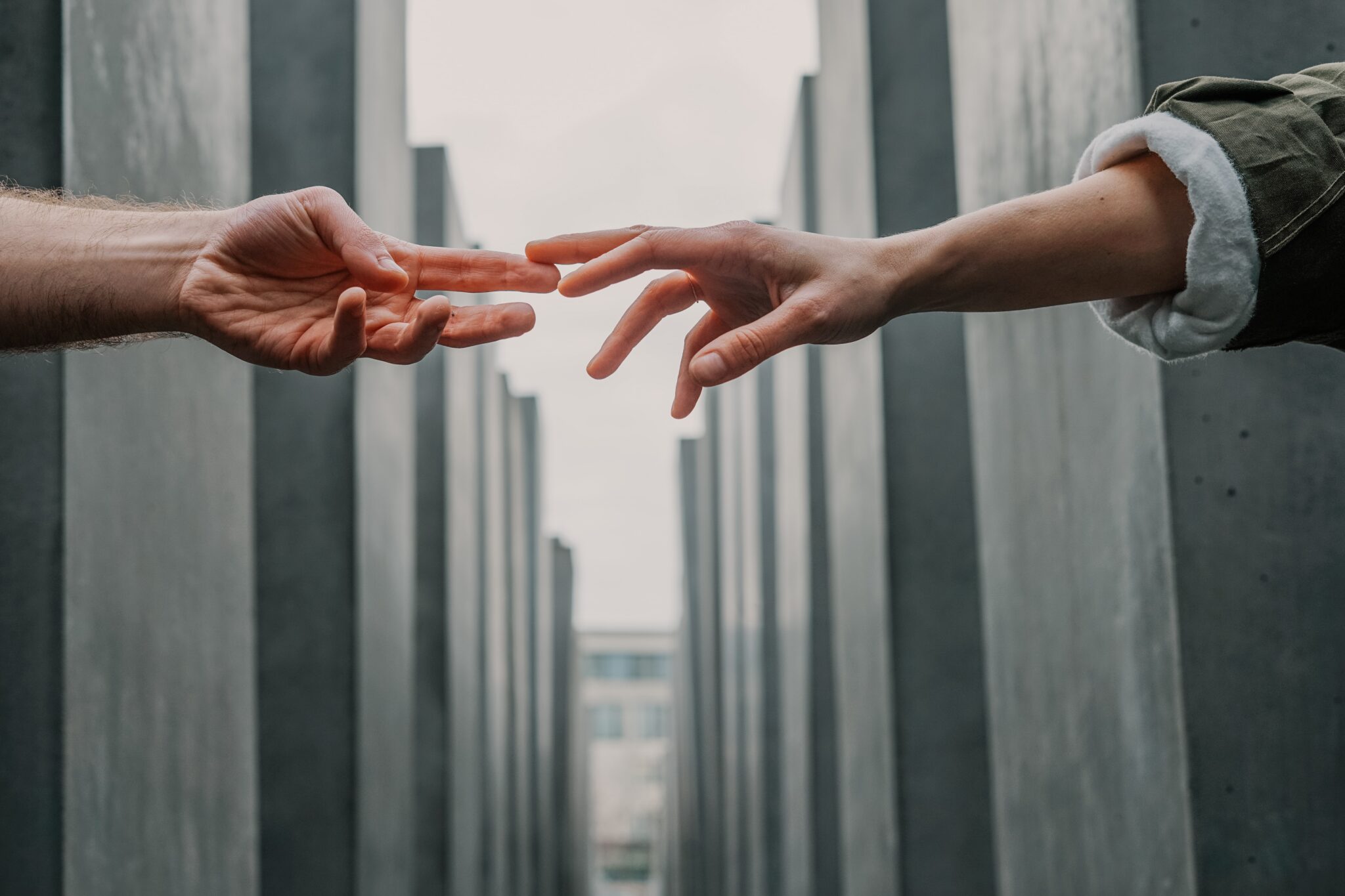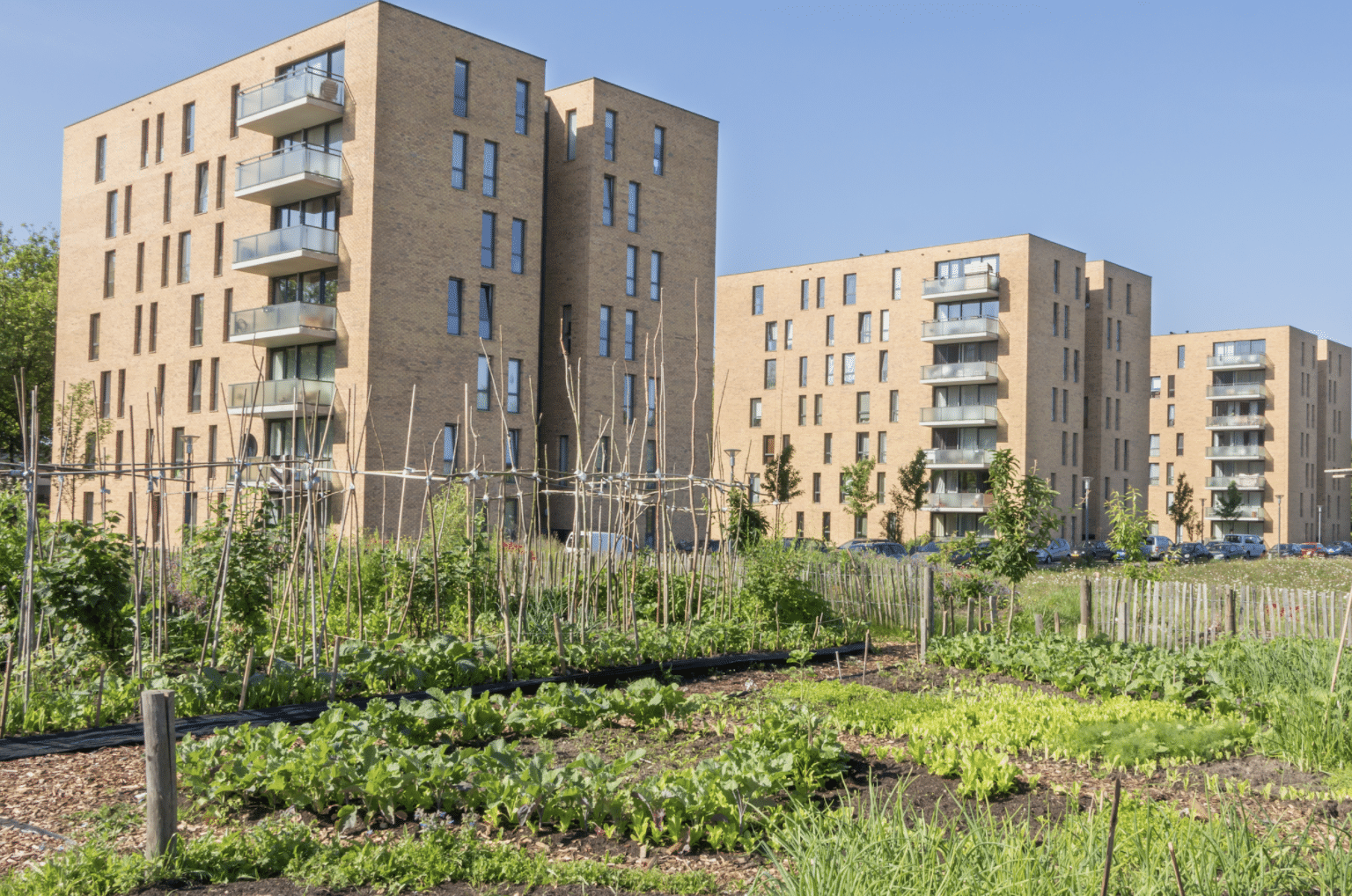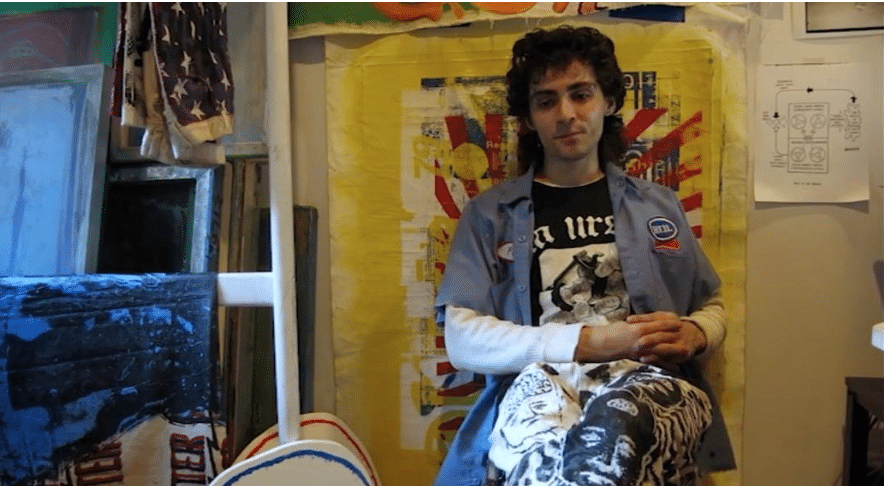Students are experiencing depression and anxiety brought on by Isolation and the absence of normal routines during this season.
College kids can’t escape their parents. Parents can’t escape their kids. That’s one of the big problems we face during the COVID-19 pandemic.
The lockdowns and isolation have affected many college students’ mental health in a bad way. Psychology professors at the City College of New York (CCNY) surveyed 911 diverse college students across the city to find out how confinement during the pandemic affected them. Psychology Professor Nishanthi Anthonipillai, one of the investigators, said, “Research indicates that there was definitely a significant increase in symptoms related to depression and anxiety during the first few months of the pandemic.”
“It’s been hard because I like to go outside and enjoy fresh air and nature walks when I feel like I’m having a rough time mentally, and with the lockdown and then the fear of being outside lingering with me, it’s been tough being stuck in my room. I am being drained,” CCNY senior Kaitlyn Soto said.
Kaitlyn moved out of her parents’ house at the beginning of the pandemic because she felt hostility toward her and her partner. She explained that her parents did not support her sexual orientation and were being verbally abusive.
When school went online, she lost her campus job and that affected her too.
The Centers for Disease Control conducted surveys in June to track the rising cases in adults struggling with mental health since lockdown began. Surveys showed that 40% of U.S. adults reported struggling with mental health or substance abuse issues.
New York City has put restrictions on businesses, schools and gatherings in areas that have seen a rise in COVID cases. And the city has urged some New Yorkers, those over 65 and those with underlying medical conditions, to stay home unless absolutely necessary. Even younger people who are not under lockdown feel as if they are.
Although the stay-at-home suggestions and orders are meant to keep people safe, the isolation and inability to do normal things have had negative consequences.
“Once COVID began, my mental health decreased significantly. Staying in most of the time and not being able to be who I am and proudly express it brought so much rage, sadness and discomfort to my life,” said Melanie Garcia, 20, from the Bronx. She moved in with Kaitlyn in March.
Nikita Stewart, 22, a recent beauty school graduate, agrees, “I’m in the house with nothing much to do but think about the things that stress me out. So I’m going a bit stir crazy being in the house. I’ve had a few breakdowns while in quarantine,” she admitted.
Cramped apartments make staying at home especially tough.
Jason Santiago, 23, a CCNY senior who lives in the Bronx with his parents and siblings, said, “It has made me feel very restricted and isolated. I am already in a confined living space, and it is tough being in that space for extended periods of time.”
Students like Jason, Kaitlyn and Melanie are not alone. It is important to check on friends and loved ones who may have difficulty coping during the pandemic.
“Isolation has made people around me more anxious and affected their social and emotional state,” Jason said.
Some say their relationships have suffered. Melanie Garcia said she saw the impact on her partner. “During the first part of the isolation, she was negative. She also wasn’t happy in her own home.”
And it is difficult to meet new people and hang out or form relationships.
“It’s been harder to connect with people. Especially with the lack of interpersonal, physical presence of others. The quality of relationship now isn’t the same,” Jason Santiago said.
But being cooped up and alone also has some benefits. It allows you to become more reflective.
“With the isolation I noticed a lot of things that I wasn’t okay with in my family and for my own sanity I had to cut people off,” Nikkita Stewart said.
“Self-care is the first thing to go when people are stressed,” said Professor Anthonipillai. “Little things like going for a walk, engaging in an enjoyable activity like calling a friend, even prayer or meditation can help alleviate some of the stress that one feels. It may seem counterintuitive to take time for yourself when there is so much to do, but it helps you recharge and refocus.”
Some have turned to therapy and counseling in order to help cope.
Melanie Garcia said, “I looked for a therapist at City College for free and we had more than eight sessions. She had so much positive influences on me that I’ll always be grateful.”
CCNY has moved counseling services online because of the COVID-19 outbreak. Their website is available with detailed information for CCNY students to sign up for counseling. They also provide additional links to outside resources that are available to students.
Professor Anthonipillai suggests two things we can do: “Just take care of yourself in the best way you can, and stay in touch with those closest to you.”
Tags: anxiety CCNY counseling Coronavirus counseling COVID-19 depression isolation lock down Mental Health pandemic self-care
Series: Coronavirus






